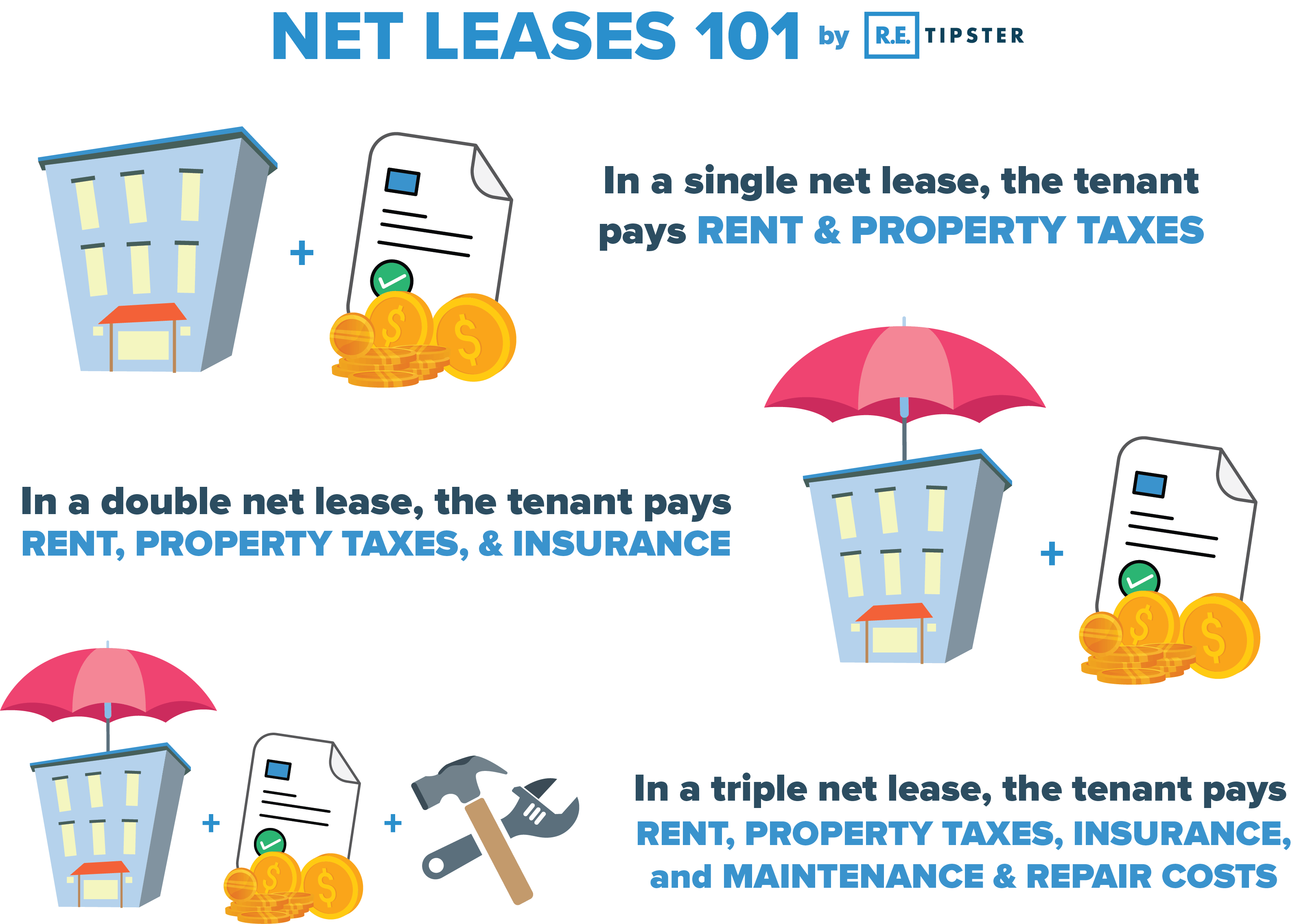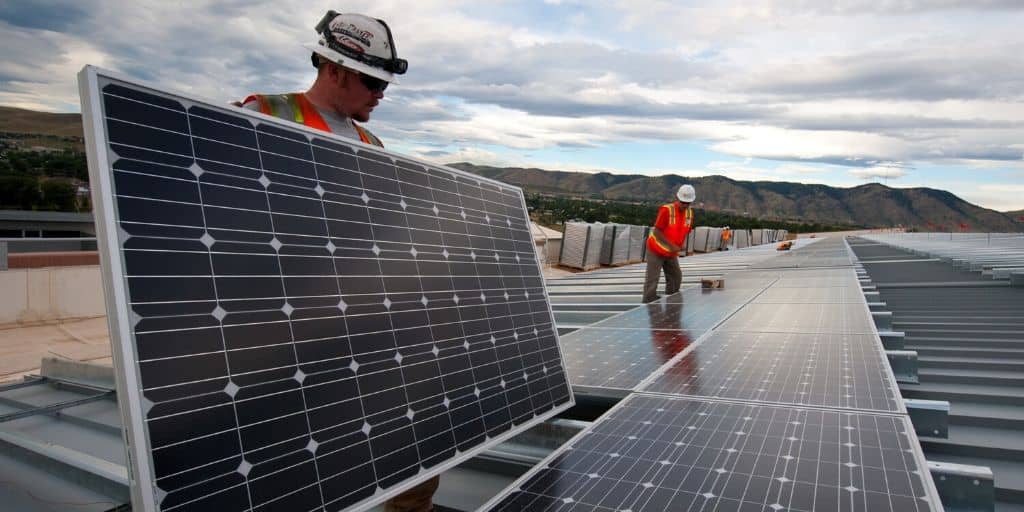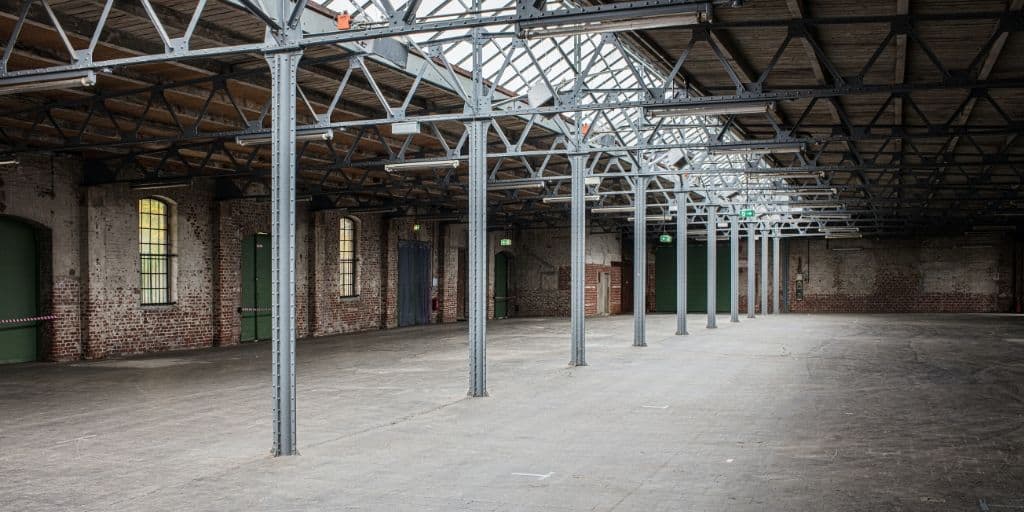REtipster does not provide legal advice. The information in this article can be impacted by many unique variables. Always consult with a qualified legal professional before taking action.
Commercial lease agreements operate differently from standard residential leases.
Most residential leases are written with the assumption that all maintenance and ownership expenses are paid by the landlord. The tenant pays a fixed monthly rent, which covers all of their costs to use the property, with the possible exception of utilities. Residential leases also require the tenant to keep the premises clean and in the same condition the premises were in when the tenant began occupancy.
In commercial leasing, every expense is negotiable between landlords and tenants. Oftentimes commercial landlords will assign responsibility for specific expenses to the tenant, beyond simply paying their own utility bills. Under a commercial lease, a tenant is usually required to keep the interior of the premises in good condition and repair, except for reasonable wear and tear.
Unlike gross lease agreements, which cover all of the tenant’s occupancy expenses, net lease agreements are written so that the tenant is directly responsible for specific expenses. But those expenses depend on whether they sign a single, double, or triple net lease agreement.
What is a Single Net Lease?
In a single net lease agreement, sometimes called a Net or N lease, the tenant assumes responsibility for paying the cost of the building’s property taxes in addition to the regular rent. The landlord may or may not include utilities with the rent, as negotiated between the two parties.
To compensate for the extra expense, landlords will typically offer a lower monthly rent. However, the amount of rent will escalate annually to account for inflation as well as to pay the expected increase of real estate taxes and assessments. On balance it tends to even out, with tenants paying roughly the same amount in a given year. A single net lease gives the tenant more transparency regarding the amount of real property tax that it is paying. It is more convenient for the landlord because the landlord does not need to be involved in the process of paying real property taxes.
Single net leases remain less common than other commercial lease types. If the tenant fails to pay property taxes, the local government puts a lien against the property, which is ultimately the landlord’s problem rather than the tenant’s. To solve this problem, landlords using single net leases will often collect the property tax costs from the tenant using a monthly escrow, then pay the tax bill themselves to ensure on-time, in-full tax payment.
However, landlords who want to assign responsibility for property taxes typically do so as part of a double or triple net lease, rather than a single net lease.
What is a Double Net Lease?
Double net leases, which require the tenant to pay both property taxes and insurance, are far more common in commercial real estate. Some landlords refer to these as net-net or NN leases. As a result, the landlord charges a lower monthly rent. The landlord still covers all maintenance and repair costs, however.
Double net leases allow the landlord to pass even more risk on to the tenant. If either the property tax bills or the property insurance premiums rise, tenants are required to pay the amount of the increase. The landlord still gets their base rent each month, ensuring a more stable profit. The landlord typically sets up a monthly escrow payment, in addition to the rent, to make sure the taxes and insurance are paid.
When tenants rent a portion of a larger building, the landlord typically prorates tax and insurance costs for each tenant based on the property’s square footage.
For example, a tenant renting 2,000 square feet in a 10,000-square-foot building would pay 20% of the total property taxes and property insurance costs. The tenant pays the landlord for these costs, and the landlord then pays the actual property tax and property insurance bills.
What is a Triple Net Lease?
Triple net leases, or net-net-net or NNN leases, assign even more risk to the tenant. In addition to property taxes and property insurance, tenants agree to pay for all maintenance and repair costs. This is a significant issue because maintenance are repair costs could include replacing a furnace, air conditioner, water heater, or any other cost that could be substantial.
As a result of the higher costs, the tenant will typically pay a lower base rent amount.
Tenants typically enter triple net leases for long-term contracts, often ten years or longer. The NNN lease contract usually includes scheduled annual rent increases, although that remains negotiable between the two parties.
In many of these leasing scenarios, the tenants customize the rented space, such as with restaurants and bars, for example. The tenants modify the space to meet their unique criteria, and then they maintain it as needed, with the landlord’s oversight, of course. Landlords require specific standards to be maintained, such as roof and plumbing integrity, no leaking plumbing or roof leaks, and so forth.
For units in larger buildings with common space, tenants will typically pay a prorated amount toward their maintenance, based on the percentage of the total building space they are renting. The landlord can set these costs as ongoing monthly fees for lawn care and other maintenance. They may also make tenants liable for irregular costs, such as repaving the parking lot, as those expenses are incurred.
Triple net leases leave tenants liable for any gaps in insurance coverage in the event of major property damage. If a fire breaks out, the tenant must cover the cost of repairs, regardless of the deductible or insurance claim payout, which can create a recipe for disputes between the landlord and tenant.
SPONSORED LINK: Make Your Own Triple Net Lease with Rocket Lawyer
Bondable Net Leases
A variation on the triple net lease, a bondable net lease locks the tenant in for the full lease term, with no rent modifications for any reason. They leave no wiggle room for the tenant, which is why they are sometimes called “hell or high water” leases. Other names for this lease include “absolute triple net lease” and “true triple net lease”. The landlord is basically asking the tenant to guarantee a fixed rate of return to the landlord over the term of the lease.
In a bondable net lease, the tenant assumes every conceivable risk. These leases tend to be uncommon for that reason, as very few tenants will agree to such liability and restrictions.
Advantages of Triple Net Leases
Landlords and tenants alike see advantages in double or triple net leases. Tenants signing a triple net lease on a brand new building, for example, know they aren’t likely to face any major repair costs for years, helping them establish their business with a low base rent before incurring extra costs.
1. Lower Risk for Landlords
By making tenants directly responsible for costs like property taxes, property insurance, and repairs, landlords can sleep at night knowing that they have few variable expenses to worry about. They pay their mortgage each month and don’t have to worry about tax hikes, rising insurance premiums, or unexpected repair bills.
In other words, they earn stable, predictable profits. Their primary risks are rent defaults and turnovers. If the tenant stops paying rent or moves out, the landlord still has to carry the vacancy, advertise it, and secure a replacement tenant.
2. Fewer Headaches
Every landlord knows how much of a pain it is to maintain properties. Tenants call at 3 AM, complaining about bad light bulbs and clogged toilets, asking their landlord to “deal with it.”
Triple net leases allow landlords to delegate those headaches directly to the tenant. They can deal with the problems themselves instead of harassing their landlord about them.
From hiring contractors to overseeing repairs and ongoing maintenance, the tenants assume responsibility and the landlord can simply verify that the work was completed properly.
3. Greater Transparency
Tenants sometimes appreciate the greater transparency of a triple net lease. Rather than writing a check each month for rent and never knowing the landlord’s actual expenses, tenants know exactly what the property taxes, insurance, and repairs cost and they can pay these bills with no markup by the landlord. They can also pay a lower base rent amount each month, which serves as the landlord’s source of profit.
4. Direct Incentives for Energy Efficiency
One challenge in environmental policy lies in the disconnect between tenants, who pay for utilities, and the landlord, who pays for maintenance. In such an arrangement, the landlord has little financial incentive to make their rental properties energy efficient.
When the tenant pays for both utilities and maintenance, however, they have a direct incentive to improve the efficiency of the property. If a tenant can recoup the costs within two years based on lower utility bills, for example, then it makes sense financially when there’s a ten-year triple net lease in place.
Disadvantages of Triple Net Leases
Despite those advantages, triple net leases come with their fair share of downsides too.
Before entering a triple net lease as either a landlord or tenant, consider the following disadvantages as well.
1. The Risk of Unreported Property Issues
Tenants ultimately don’t own the building. Their only incentive to repair it properly is their continued use of it.
So what happens when the roof starts leaking and a tenant only has six months left on the lease? Or, for that matter, if the tenant can’t afford to make the repairs because business is slow?
They may just ignore it, letting the problem grow until it costs exponentially more to fix when the landlord finally discovers it. Tenants also have little motivation to do preventative maintenance, which can save massive amounts of money in repairs over the long term.
In short, tenants rarely take as good care of the property as the owner does.
2. Shoddy Work & Cut Corners
Even when tenants do make repairs, they don’t have the same long-term investment in the property as the owner, which means it’s in their best interest to use the cheapest possible repair methods and contractors, rather than springing for the right long-term solution.
Landlords, therefore, need to keep a close eye on all repair work and make sure it meets their standards. They should also conduct regular inspections of the property, looking for issues like leaks or mechanical systems in need of service.
3. Failure to Pay Taxes or Insurance
If the lease requires the tenant to pay the taxes or insurance directly rather than through the landlord, how does the landlord know that they were paid in full and on time?
The owner could end up with a tax lien or uninsured property. This is precisely why many landlords choose to collect money for property taxes and insurance from the tenant and pay these crucial bills themselves.
4. Disconnect on Property Assessments
Tenants are liable for property taxes under a triple net lease but they can’t contest unfair assessments. Only the owner can file a complaint objecting to unreasonably high property taxes.
This leaves them dependent on the landlord to do so, even though the landlord has very little incentive of their own to contest property assessments. In fact, if the landlord wants to sell the property, they may even use the high property tax assessment as evidence of value to support a higher sales price.
Best Practices for Triple Net Leases
Whether you’re a landlord or tenant, follow a few rules to ensure fair dealing and that protections are in place for both parties.
Hire a Professional Property Inspector Before Signing a New Lease
Landlords and tenants alike need to know the property’s condition before the tenant takes occupancy. The better the condition of the property at lease signing, the more a triple net lease favors the tenant.
Regardless, both parties should understand the property's structural condition and state of major mechanical systems. If the roof is near the end of its lifespan, for example, tenants should be prepared to replace it and potentially negotiate lower base rent accordingly.
Sign a Long-Term Lease
Tenants with a one or two-year lease contract have little incentive to take care of the property. Those with a ten or fifteen-year lease term will be far more invested in caring for the property.
In a triple net lease, the tenant assumes more responsibility and becomes more invested in the property. That works best when both parties commit to each other for a long-term relationship.
Landlords Should Conduct Regular Inspections
Without annual or semi-annual inspections, how can landlords know that tenants are maintaining the property?
For all they know, the tenants could be deferring maintenance and letting needed repairs slide. Landlords who don’t inspect their properties regularly shouldn’t be surprised when they discover major problems that went unfixed during a renter’s (long) tenancy.
When tenants do make repairs, landlords should also inspect to verify the quality of the work. They may even want to reserve the right, in the lease contract, to require tenants to use specific contractors approved by the landlord.
Landlords Should Collect Tax & Insurance
A landlord shouldn’t assume their tenants will pay the property tax bills or insurance premiums on time. If they fail to do this, the owner is stuck with the tax lien or abandoned, burned-out shell of a property.
By that point, the tenant will be long gone.
This is why many landlords will collect the money needed for taxes and insurance and pay the bills directly so they know the bills are paid in full and on time.
Final Thoughts
Commercial landlords often avoid the worst headaches faced by residential landlords. The regulatory burden is lower, there’s less competition when buying, and they certainly avoid the 3 AM phone calls about light bulbs blowing out.
And with a triple net lease, landlords can reduce their risks and headaches even further.
Even so, landlords can’t simply lie back on the beach with a margarita watching rents flow in happily ever after. If they want to ensure all bills get paid and their properties receive proper maintenance, they need to stay involved.
Triple net leases can lower landlords’ risks and keep their profits steadier. They can also scare away good tenants and potentially yield less profit if the landlord has to drop the base rent too much.
Before entering into a triple net lease, a landlord should do their research on the local market. Observe how similar properties operate and how they price base rents. Most of all, a landlord shouldn’t fall into complacency just because they outsourced some of the responsibility for common property costs. As the owner, it’s ultimately their responsibility to ensure their property is well maintained, insured, and current on taxes.
Do you own commercial real estate currently? How do you structure your leases? What tips do you have for others contemplating a triple net lease?
Reviewed by Mark H. Zietlow, Innovative Law Group























